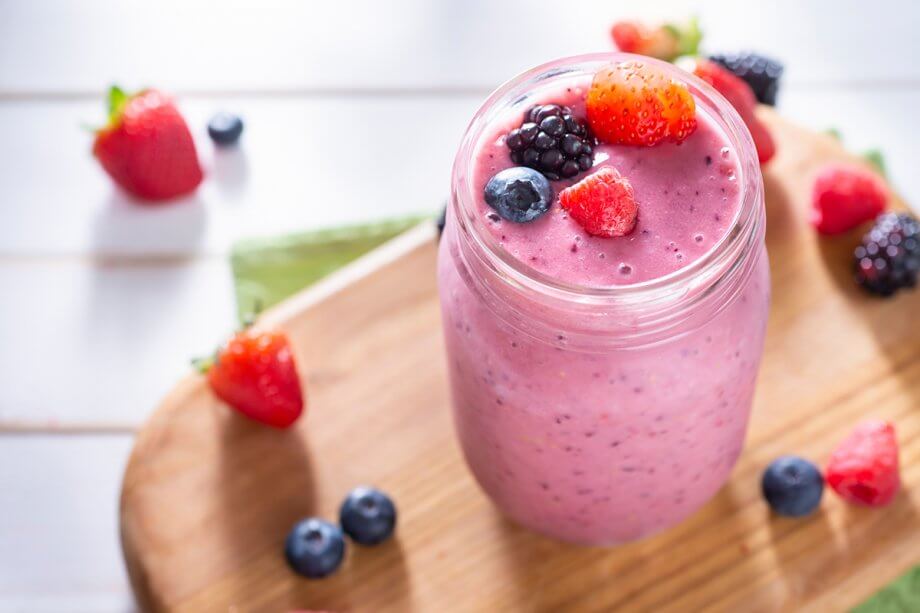When a tooth extraction is necessary, dentists are often asked just how long after that extraction a patient must wait until it’s all right to eat again.
The simplest answer? Follow the guidelines your dental team gives you for after care. This way you’ll know what to do and when, and reduce the possibility of any complications. Typically, the guidelines will include information on what and when you should eat and drink after your surgery. Most diet recommendations suggest liquids and very soft food only on the same day as your surgery, followed by transitioning to your regular diet within a few days - with a few exceptions.
But the specifics as to when you can eat depend on the type and extent of the extraction you’ve had performed.
General Food Guidelines After an Extraction
As noted, just how soon you can begin to eat or drink after an extraction depends on your specific surgery. But, your dentist can provide those details. Basically, the short answer to “How soon can I eat after a tooth extraction?” is within a few hours.
Within those few hours after the extraction you can consume:
- Liquids
- Soft foods that require little or no chewing
What kind of soft foods are good? Ice cream or pudding are great choices, or a cold soup.
No Straws Allowed
Avoid using a straw when drinking any liquids after an extraction. Why? Because the suction created by a straw can dislodge the healing blood clot covering your extraction wound. The result could be more pain and more bleeding, as well as delay in healing.
It’s also important to avoid hot liquids in the first days following surgery, as the heat, too, could loosen the clot, increasing blood flow and increasing bleeding from the wound.
Add Additional Foods on the 2nd or 3rd Day
By the second or third day after your extraction, while you should continue having liquids and soft foods, you can also start to include other kinds of food - but avoid chewing on the side of your mouth where you had the surgery.
It’s still important to keep foods soft enough that you don’t need to chew a great deal, because that way you can avoid more food particles staying in your mouth.
Avoid Alcohol
You should avoid alcohol for 24 to 48 hours after surgery. Why? Because alcohol can interact with any post-extraction medications you might be given, and also because it can also delay healing.
Healing Continues for 1-2 Weeks
For between one and two weeks after surgery, you should avoid chewing any food on the site of the extraction, so you won’t disrupt the healing process. But, you can start to transition back to most of your usual foods, simply chewing carefully.
There is an exception: avoid spicy or acidic foods until your extraction site is healed fully, so the site doesn’t get irritated. And be sure to avoid any food choices that are crunchy or too sticky - those types of food can dislodge the healing clot if chewed too close to the site of the extraction.
Good Oral Hygiene Helps Healing
Along with the foods you eat, good oral hygiene is key for healing post-extraction. However, be sure to follow your dental team’s guidelines about brushing, flossing, and rinsing before resuming your regular daily dental care.
And, be sure to let your dentist know if you have any signs of infection including:
- Fever
- Pain or swelling that increases
- Pus draining from surgery site
- Persistent bleeding that doesn’t respond to pressure
If you are having any difficulties breathing, seek emergency care.
Learn More About Extractions
To learn more about extractions, or schedule an appointment, reach out to us today at A&R Advanced Dental. We’re ready to help!

